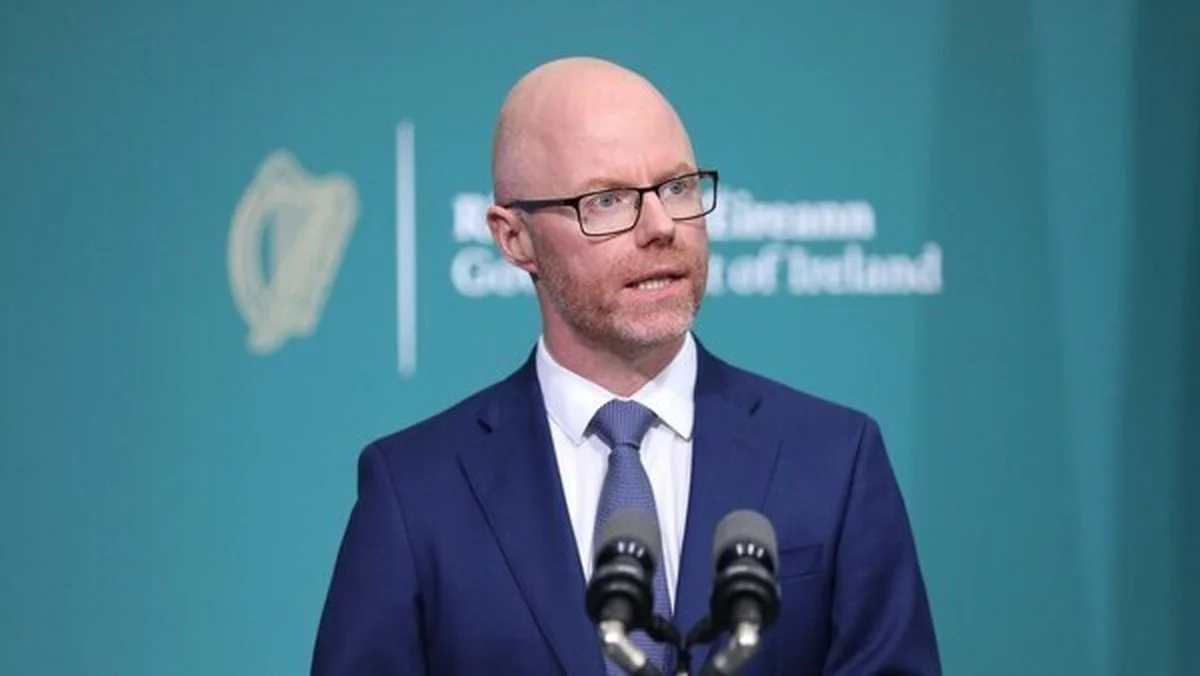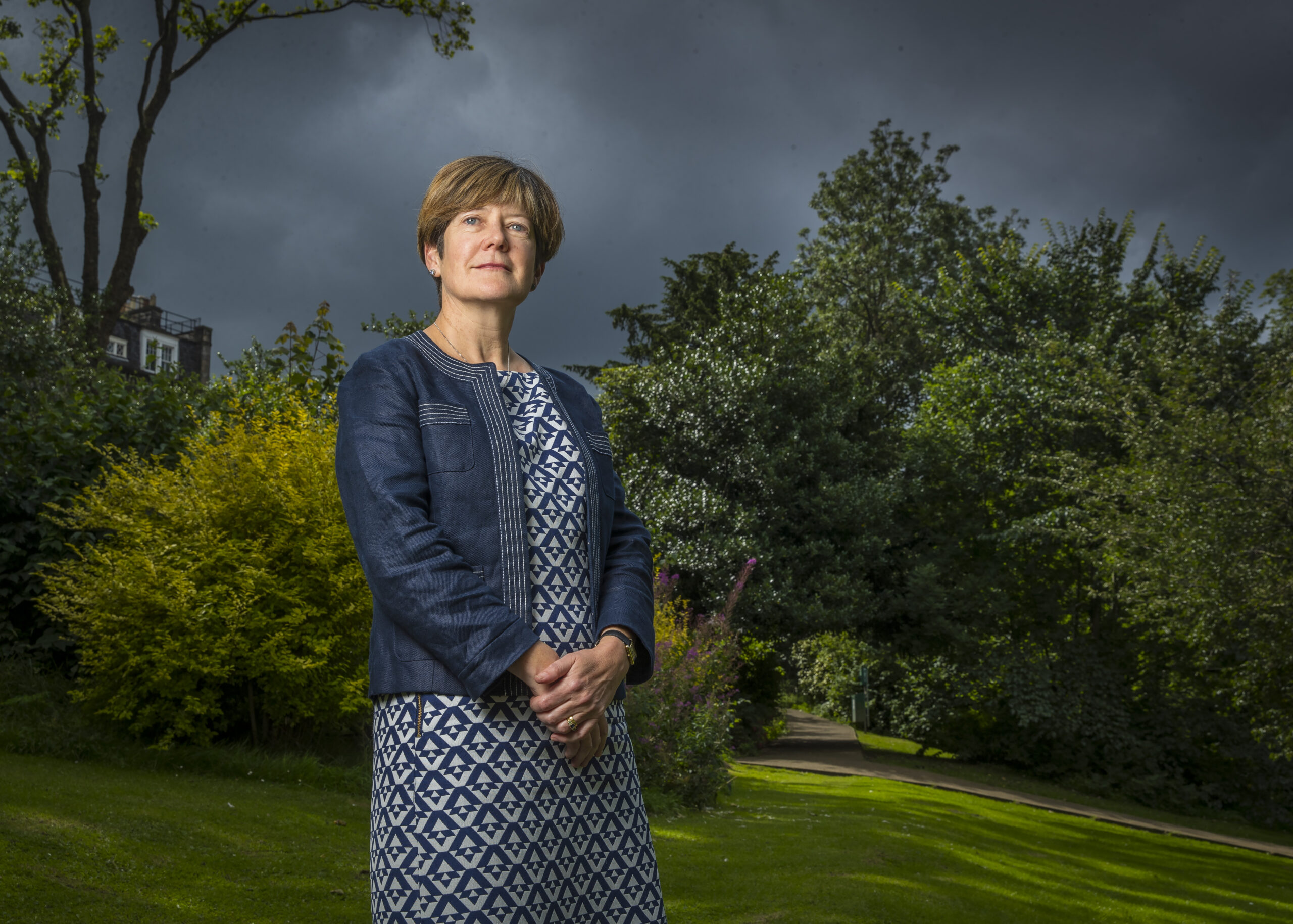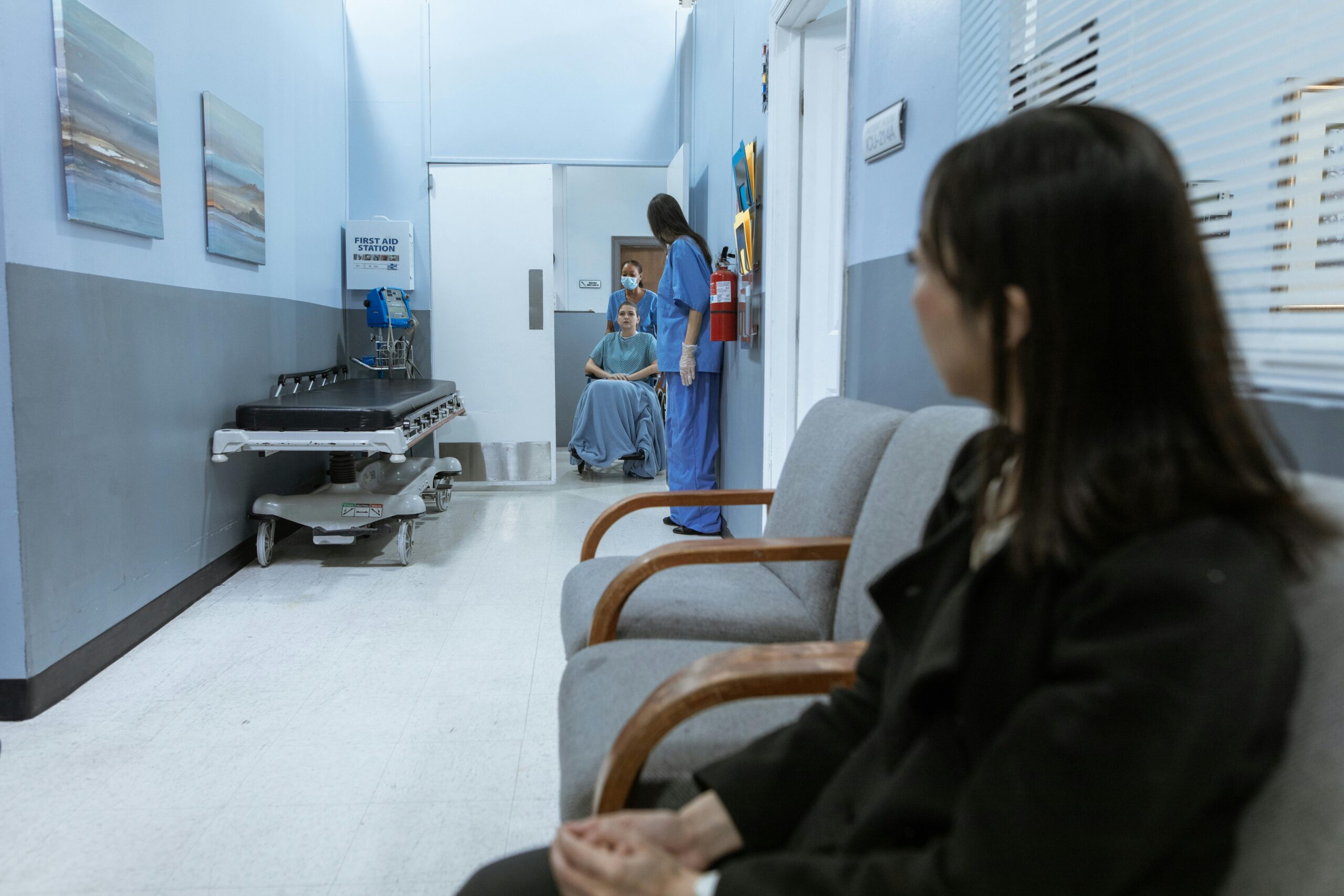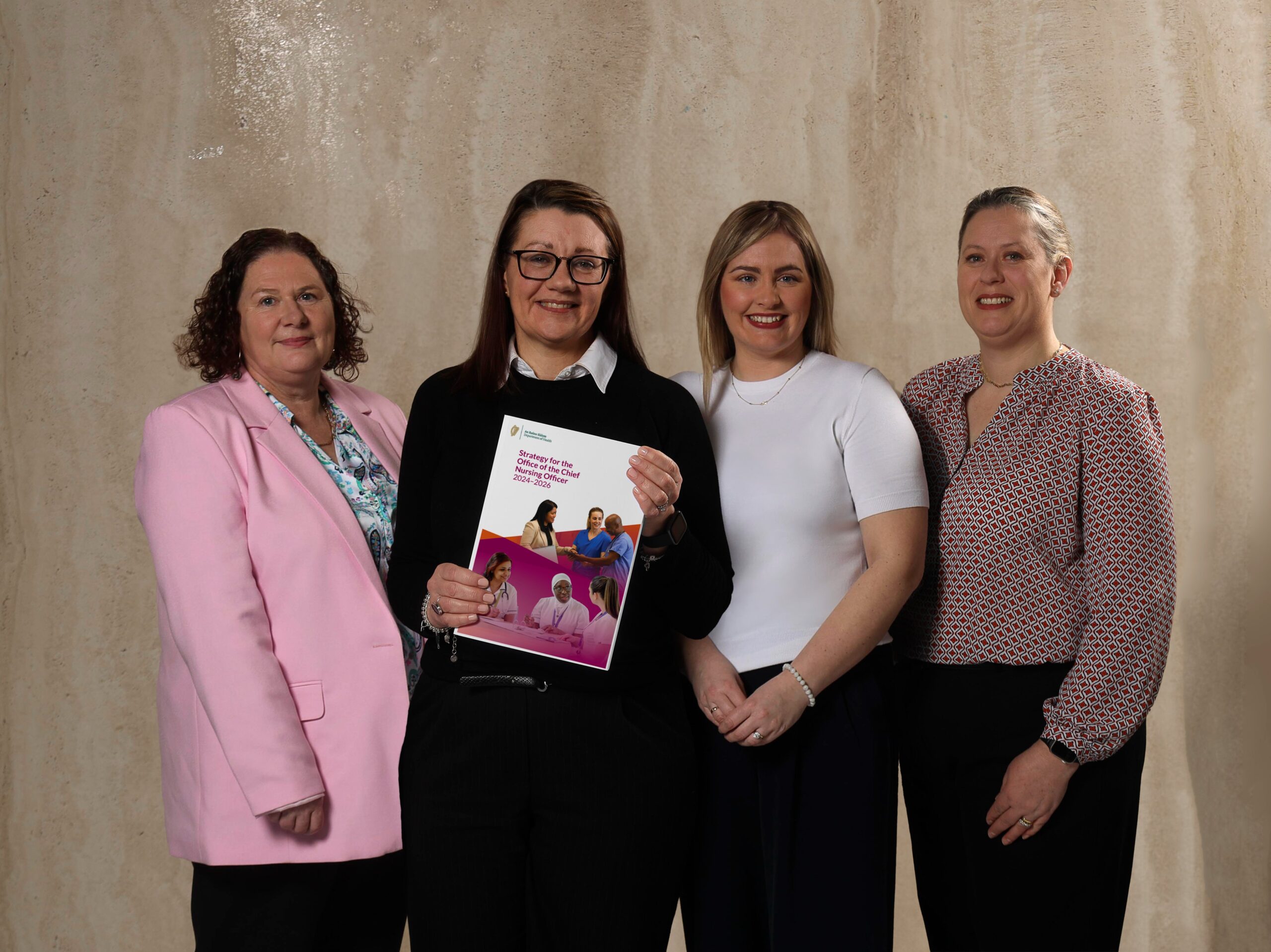IPIC Develops Cutting Edge Tech For Synergia Medical
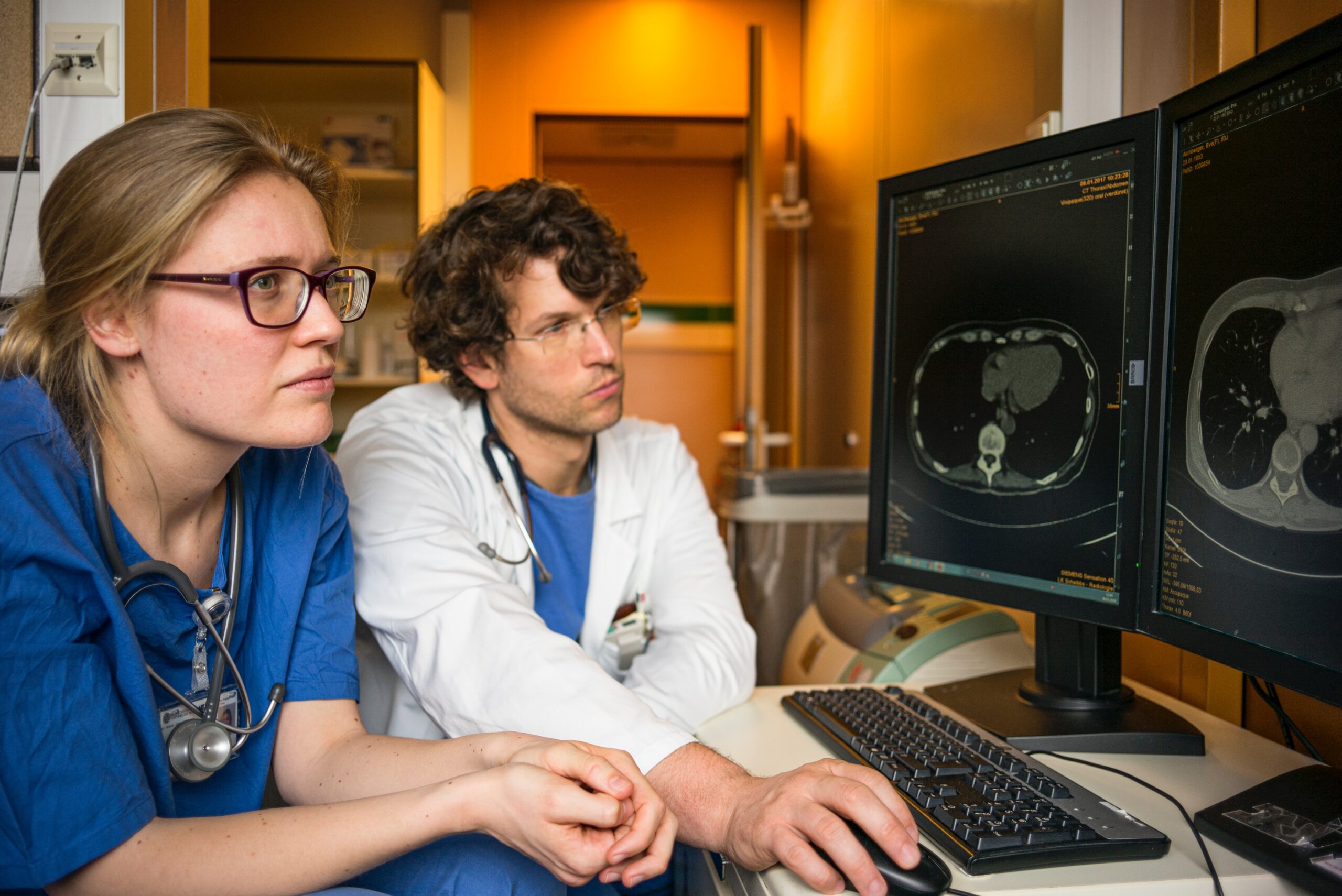
IPIC (Irish Photonic Integration Centre), hosted at Tyndall National Institute, has developed cutting-edge light technology for Belgium-based Synergia Medical, which seeks to benefit patients suffering from chronic pain, Parkinson’s disease, drug-resistant epilepsy, sleep apnoea, and depression.
Synergia Medical is developing next-generation medical devices for neural that will take light (photonics) deep into the body of patients to carry the energy needed to treat neurological disorders and improve their quality of life, and IPIC is a European leader in photonics.
Neural stimulation endeavours to control the nervous system’s activity through artificial means. Typically, a pacemaker-like device is implanted below the skin, and electrodes are placed around the target nerve tissue. Controlled electrical pulses are delivered to the nerve tissue to manage neurological conditions.
IPIC has developed a first of kind technology with Synergia Medical to replace the metal cables running from the battery to the stimulator, by using light to deliver the power creating an innovative and versatile neural stimulation technology platform.
This pioneering use of photonics to deliver power reduces the multiple constraints classically linked to patient monitoring during MRI exams, allowing enhanced imaging procedures essential for the treatment and follow-up of the disease. This use of light will ultimately pave the way to new personalised therapies.
The technology development cycle to date has included the development of first-generation prototypes at Tyndall’s semiconductor fabrication facilities and has just been licensed to Synergia who is progressing towards future clinical trials.
Commenting, Brian Corbett from Tyndall’s IPIC said, “The development of this ground-breaking technology at IPIC again positions Ireland as a centre for research excellence in the field of optical powering for medical devices”.
“The science behind the technology is an optical ‘power lead’ utilising an efficient miniaturised photovoltaic cell subsystem that enables light to be transmitted from a neurostimulator embedded in the body to an electrode, where it converts the light to electricity that then powers the electrode. This replaces metal cables and thereby makes the system MRI compatible.”
Pascal Doguet, co-founder and CTO of Synergia Medical, said “Ireland through Tyndall’s IPIC is currently leading in the area of photonics, the science and application of light to technology, so they were the natural choice to partner with to help develop our latest technology. We have also recruited one of their post-doctorate researchers to continue the development of the technology with us in Belgium.”
IPIC and Tyndall partner with more than 200 companies (MNCs and SMEs) from across Ireland and internationally who are looking to avail of such deep-tech research expertise and their state-of-the-art facilities. This engagement with industry enables the national research institute to commercialise the results of their research taking it from the lab into society.
For further information see ipic.ie, tyndall.ie, synergia-medical.com.
ABOUT TYNDALL NATIONAL INSTITUTE
Tyndall is a leading European research centre in integrated ICT (Information and Communications Technology) materials, devices, and systems.
It is one of Ireland’s five National Labs, specialising in both electronics and photonics. Tyndall works with industry and academia to transform research into products in its core market areas of electronics, communications, energy, health, agri-tech & the environment.
With a network of over 200 industry partners and customers worldwide, they are focused on delivering human and economic impact from excellence in research. A research flagship of University College Cork, Tyndall is home to a research community of 600 people of 52 nationalities. www.tyndall.ie
ABOUT IPIC
The Irish Photonics Integrated Centre (IPIC) is Ireland’s centre of excellence for research, innovation, and Ph.D. training in photonics – the science and application of light.
It is hosted at Tyndall National Institute, with partner institutions Cork Institute of Technology, Dublin City University, NUI Galway, Trinity College Dublin, and University College Cork. Our work ranges from photonics theory right through to device development and fabrication, enabled by our world-class laboratories and semiconductor fabrication facilities at Tyndall.
IPIC works closely with over 30 industry partners to develop next-generation products across high growth technology sectors and to commercialise our disruptive technologies, delivering commercial and research impact.
Article also appeared on https://irishtechnews.ie/ and was written by Patrick O\’Brien
You might also like
For relevant updates on Emergency Services news and events, subscribe to EmergencyServices.ie






